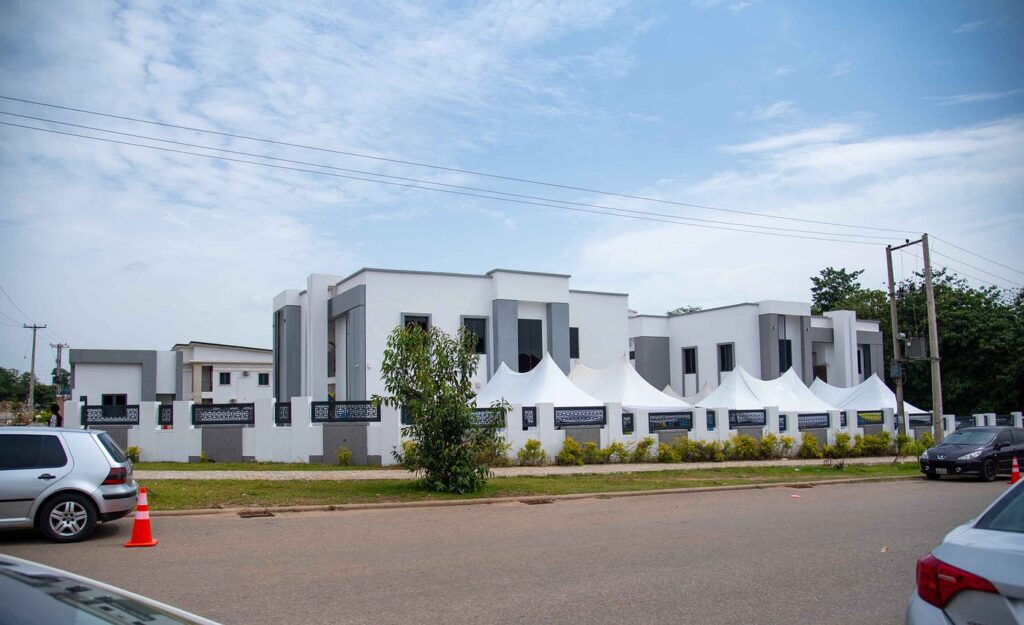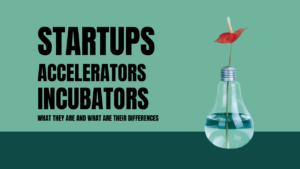Africa is at the forefront of a dynamic entrepreneurial revolution, with various cities emerging as hubs for innovation and startup activity. Here, we explore five cities that stand out as fertile grounds for entrepreneurs, showcasing their unique advantages, challenges, and the startups that are making waves in each location.
1. Lagos, Nigeria

The Epicenter of Entrepreneurship
With a population exceeding 21 million, Lagos is not just Nigeria’s largest city; it’s a thriving ecosystem for startups. In 2022 alone, Nigerian startups raised over $1.3 billion, with a significant portion originating from Lagos.
Advantages:
- Capital Accessibility: Lagos is home to numerous venture capital firms and angel investors eager to fund innovative ideas.
- Talent Pool: The city hosts over 1,000 tech startups, attracting talent from across Africa and beyond.
- Vibrant Tech Scene: Events like Techpoint Africa and Lagos Startup Week facilitate connections between startups and potential investors.
Challenges:
- Infrastructure Issues: Entrepreneurs often grapple with inconsistent power supply and traffic congestion, which can hinder operations.
- Intense Competition: The rapid growth of the startup ecosystem means increased competition for resources and market share.
Notable Startups:
- Paystack, acquired by Stripe for $200 million in 2020, transformed online payments in Nigeria.
- Flutterwave, which raised over $225 million, simplifies payment processes across Africa.
2. Nairobi, Kenya

Silicon Savannah’s Rise
Nairobi is often dubbed “Silicon Savannah,” recognized for its burgeoning tech scene, particularly in fintech. The city is home to over 200 fintech startups, a number significantly influenced by the success of M-Pesa, which boasts over 50 million users.
Advantages:
- Innovative Solutions: The city’s vibrant ecosystem supports creative financial solutions, making it a leader in mobile banking.
- Government Support: Policies under Kenya Vision 2030 aim to establish the country as a global tech hub.
- Networking Opportunities: Events like Nairobi Tech Week draw thousands, fostering vital connections.
Challenges:
- Economic Constraints: High unemployment rates, currently at 5.7%, can affect consumer purchasing power.
- Regulatory Complexity: Navigating the regulatory landscape can be challenging for startups.
Notable Startups:
- M-Kopa, providing solar energy to over 1 million homes, and Tala, a mobile lending platform that has disbursed over $2 billion in loans.
3. Cape Town, South Africa

A Diverse Landscape for Innovation
Cape Town combines breathtaking views with a thriving startup ecosystem, particularly in creative industries and technology. The city is home to over 800 startups and numerous co-working spaces that foster collaboration.
Advantages:
- Robust Ecosystem: Co-working spaces like Workshop17 encourage innovation and networking among entrepreneurs.
- Diverse Industries: The economy spans tourism, agriculture, and tech, providing stability for various startups.
- Quality of Life: The city’s appeal as a lifestyle destination attracts talent from around the globe.
Challenges:
- Economic Inequality: Significant income disparity can impact market dynamics.
- Power Supply Issues: Frequent load shedding poses operational challenges for many businesses.
Notable Startups:
- Yoco, a fintech company that has processed over $2 billion in payments, and SweepSouth, which is expanding its online platform for home cleaning services across Africa.
4. Accra, Ghana

A Rising Star in Innovation
Accra is rapidly emerging as an innovation hub, supported by a government keen on fostering entrepreneurship. The National Entrepreneurship and Innovation Plan is a testament to the country’s commitment to supporting startups.
Advantages:
- Government Initiatives: Significant funding and support programs help budding entrepreneurs.
- Growing Tech Community: Events like the Ghana Tech Summit attract over 1,000 entrepreneurs and investors annually.
- Investment Potential: In 2022, Accra attracted over $200 million in startup funding.
Challenges:
- Funding Limitations: Compared to larger cities, Accra has fewer venture capital options.
- Market Size Constraints: Ghana’s smaller market can limit the scalability of startups.
Notable Startups:
- mPharma, addressing health distribution challenges across West Africa, and Zanda, a fintech startup improving financial access for small businesses.
5. Kigali, Rwanda

The Clean Tech Hub
Kigali is making significant strides as a startup hub, often praised for its cleanliness and safety. The Rwandan government’s pro-business stance has led to a favorable environment for technology-driven startups.
Advantages:
- Ease of Doing Business: Rwanda ranks 38th in the World Bank’s Ease of Doing Business Index, making it attractive for entrepreneurs.
- Investment in ICT: The government is committed to enhancing ICT infrastructure, with a goal of training 1 million people in IT by 2024.
- Support Networks: Organizations like the Rwanda Development Board offer essential resources for startups.
Challenges:
- Small Market Size: Rwanda’s population of approximately 13 million can limit market opportunities.
- Narrow Industry Focus: The emphasis on technology may restrict opportunities in other sectors.
Notable Startups:
- Yego Innovision, revolutionizing public transport with its smart taxi-hailing app, and Inkomoko, a business accelerator supporting over 1,000 entrepreneurs.
The African startup landscape is rapidly evolving, with cities like Lagos, Nairobi, Cape Town, Accra, and Kigali leading the way. Each city presents unique advantages and challenges, supported by robust ecosystems and inspiring examples of innovation. As entrepreneurs continue to disrupt traditional industries, these urban centers are poised to play a crucial role in shaping Africa’s economic future. By leveraging their strengths while addressing their challenges, these cities are not just nurturing local talent but also attracting global investors eager to tap into Africa’s immense potential.





